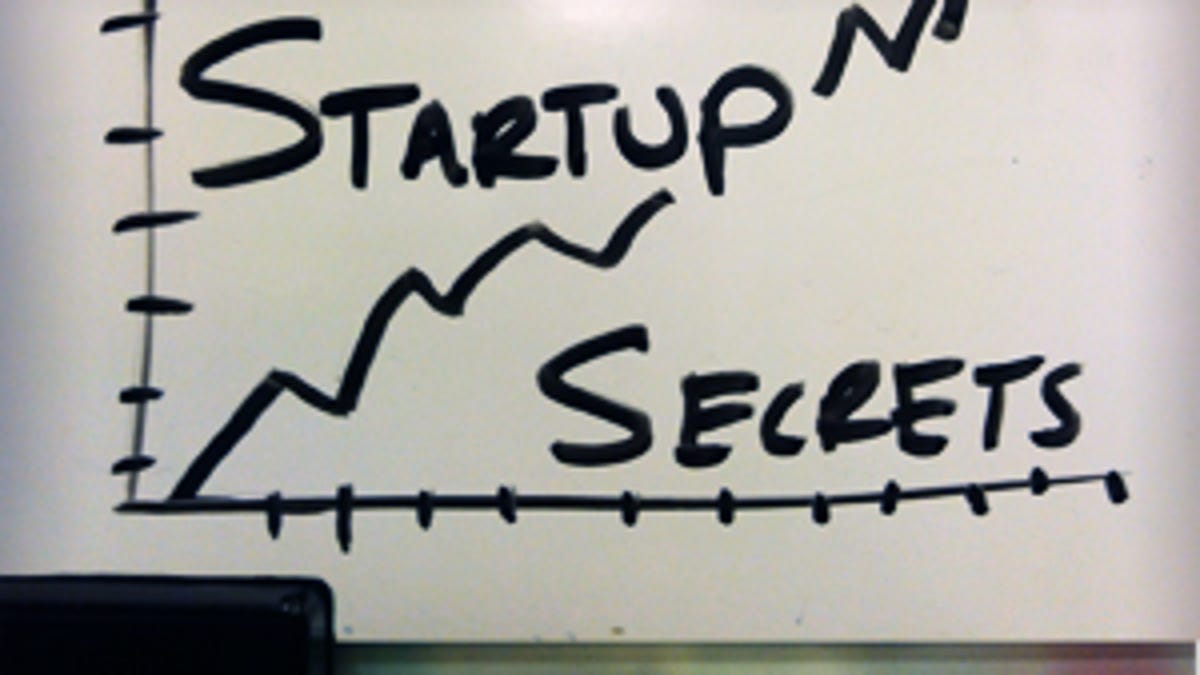Startup Secret 38: Learn to do without
Yes, you should always be raising money. But never counting on it.

-- Craig Walker, CEO, Firespotter Labs
Stop right there. Before you start commenting on how this is one of those painfully obvious Secrets--I know you want to, because this one really is--I will point out that there's been nothing new or revolutionary in this series so far. The tips people like the best are the ones they already know. But that's why I do this. It cannot hurt to be reminded of the things that well tell ourselves and each other when we are looking for the path through the forest.
And for sure, "Don't spend money like it's on fire" is one of those perennials. Craig Walker, now running a small tech outfit called Firespotter Labs (see NoshList: Free waitlist app for restaurants), is a guy who's been on both sides of this tip.
Craig joined the telephony startup Dialpad in October 2001. That was not a good time. For anybody. Dialpad was in a world of pain. It needn't have been, since it had raised $68 million in venture funds. That's enough to build almost any online business if you're careful.
The problem was that it had spent $80 million, he says. Business had tanked in 2001, and there was no more investment money to be had.
With the company as it was (walking dead) Craig took it into Chapter 11. He had $4M to turn it around. And he did, at least financially.
Bankruptcy is horrible but beautiful, Craig says, since it gives you great flexibility to modify or reject contracts you're signed up for. "We went through every contract we had," he says. "We negotiated everything hard. We took our hosting bill from $125,000 a month to $5,000. We even got rent down from $60,000 to $5,000."
"We made our $4 million last five years." (He also raised, eventually, an additional $6 million round of funding.) Yahoo bought the company in 2005.
He said he learned about running a scrappy business from that experience. Mostly: How not to go to the well for more money when things are tough. How to fight your way out of the hole instead.
His current venture is modestly funded. There's $3 million of Google Ventures money in the operation. "The lessons from the lean days are why we raised so little," he says.
It is, of course, true that companies can die from being underfunded. But too much money can kill a company just as effectively.
Startup Secrets is based on personal interviews with people building companies and from their blog posts and news stories. Subscribe to Startup Secrets on Twitter or come back to Rafe's Radar every Monday, Wednesday, and Friday for a new one. See all the Startup Secrets.

